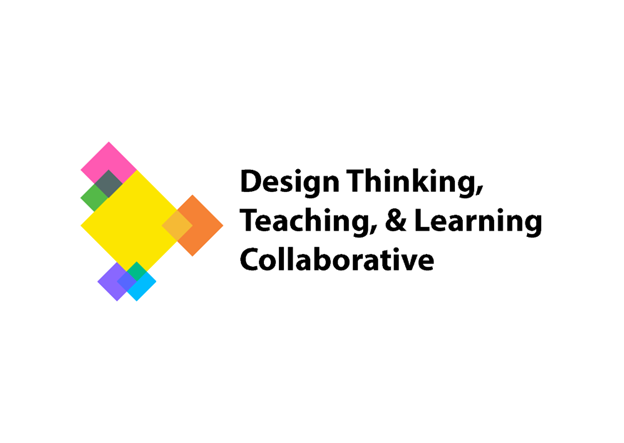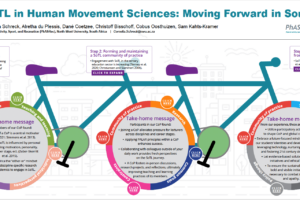
Design Thinking in Higher Education: Opportunities and Challenges for Decolonized Learning
By Danielle Lake, Wen Guo, Elizabeth Chen, Jacqui McLaughlin
In this article, we embark on a journey to better understand the role of design thinking (DT) in higher education. Our comprehensive study, which employed a mixed-methods approach, engaged faculty and students across 23 courses spanning various disciplines at four higher education institutions in the United States.
The motivation behind this multi-institutional and interdisciplinary study is rooted in our own experiences as educators and researchers. We found ourselves intrigued by the potential and challenges of teaching DT and sought to unravel whether our observations were unique to us, our disciplines, or our respective institutions.
In resonance with our own encounters, the results revealed that certain aspects of DT were universally valued, such as how it provides a structured learning process, fosters active listening, and builds habits of empathy through embracing diverse perspectives. Moreover, our research consistently demonstrated that DT has the potential to catalyze transformative teaching and learning experiences. It possesses the capacity to deconstruct traditional power dynamics, nurture empathy deeply rooted in contextual understanding, and provide fertile ground for collaborative innovation. We found that this transformative potential is most pronounced when faculty consciously foster collaborative endeavors and encourage critical reflections about prevailing knowledge paradigms and power structures.
However, our study also casts a spotlight on opportunities to enhance current DT pedagogical practices. The utilization of prototyping and experimentation practices, for example, was less prevalent across the courses in this study. Despite its potential, higher education environments often constrain the full realization of DT’s transformative power. Addressing systemic oppression, navigating complex social identities, and understanding the intricate web of human-environment relationships necessitate transcending the traditional boundaries of courses, disciplines, and institutions.
As we endeavor to promote DT practices that support liberatory teaching and learning, our hope is that this study, alongside others, will serve as a catalyst for optimizing DT’s impact across diverse disciplines and institutions. By collectively embracing the core principles of DT, we can harness its potential to reshape the landscape of higher education, fostering inclusive, innovative, and transformative learning experiences for all.
Read the TLI article here.
Image credit: Collaborative Logo, 2020




